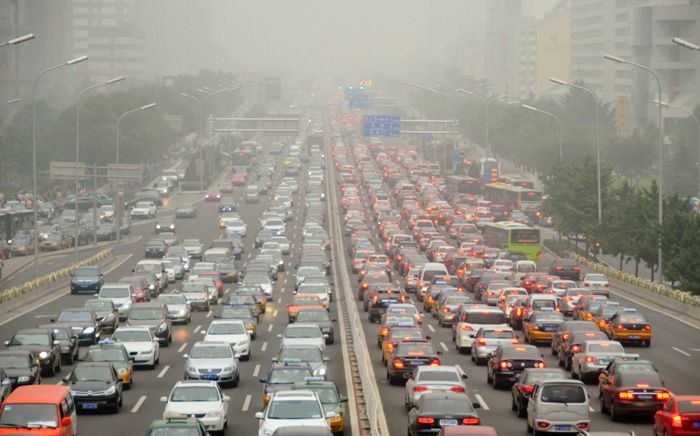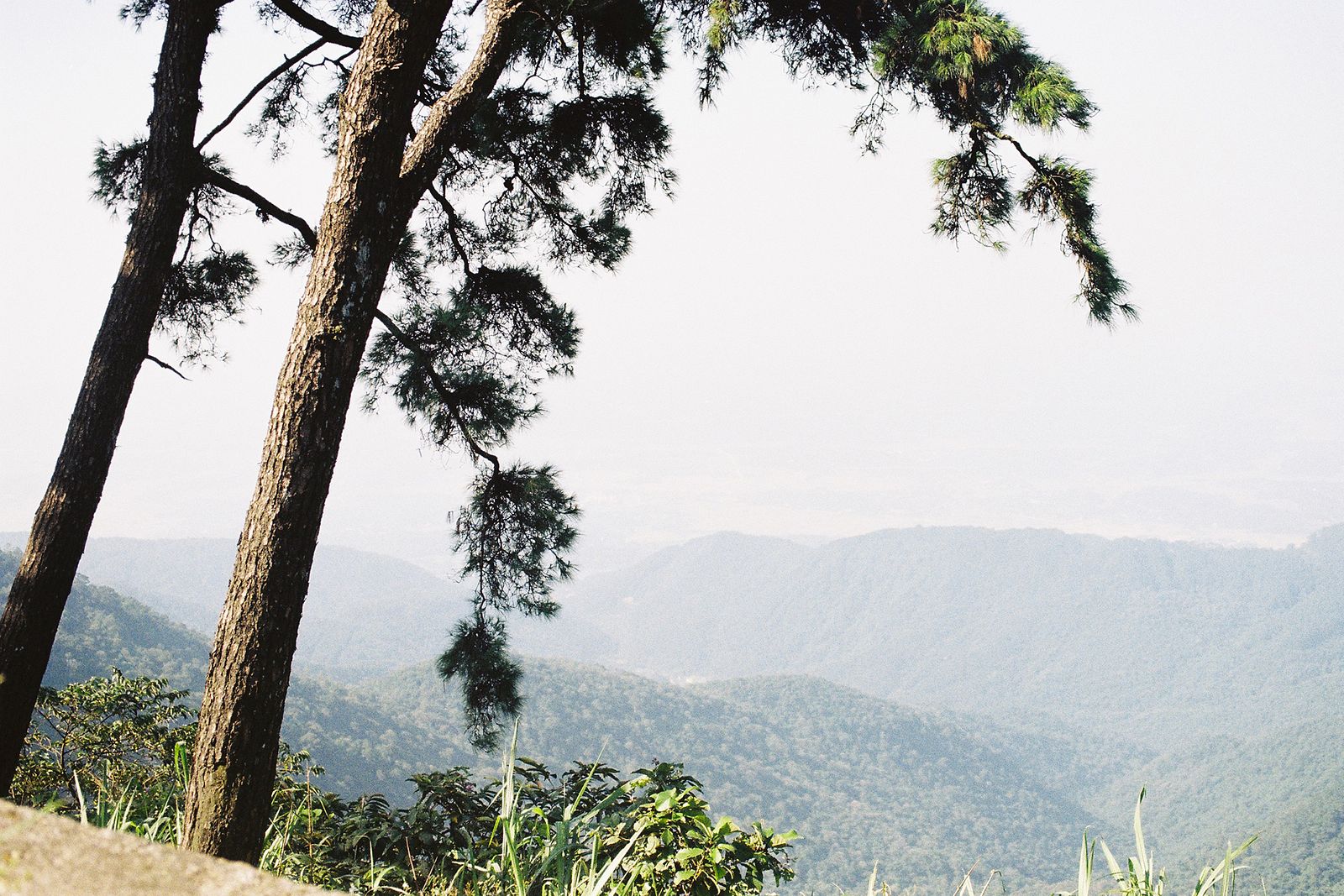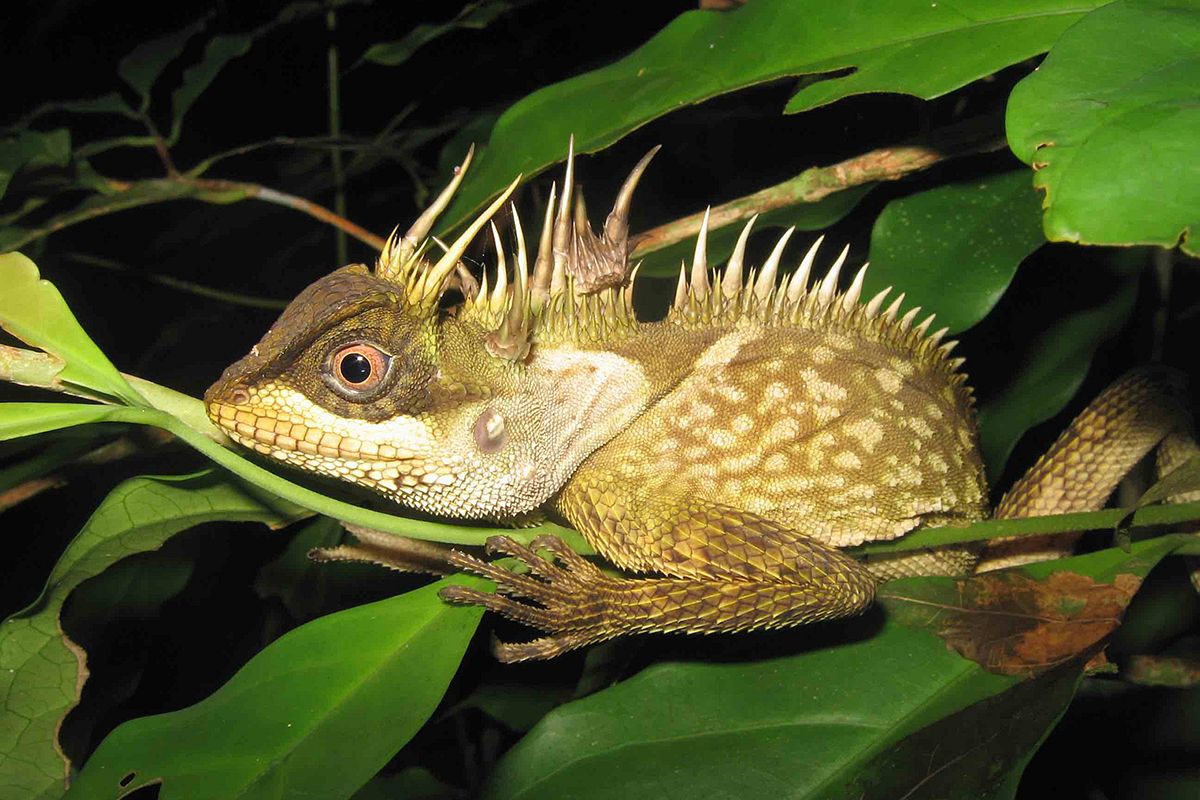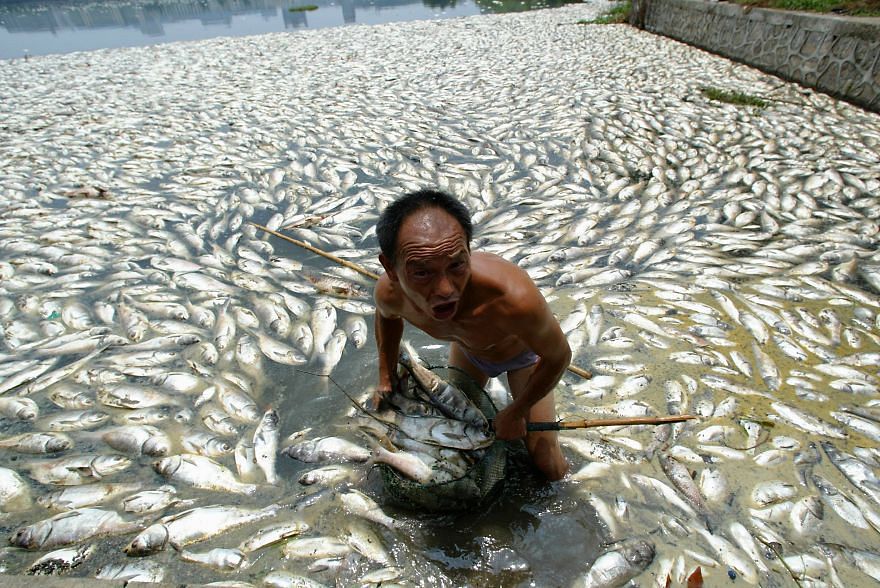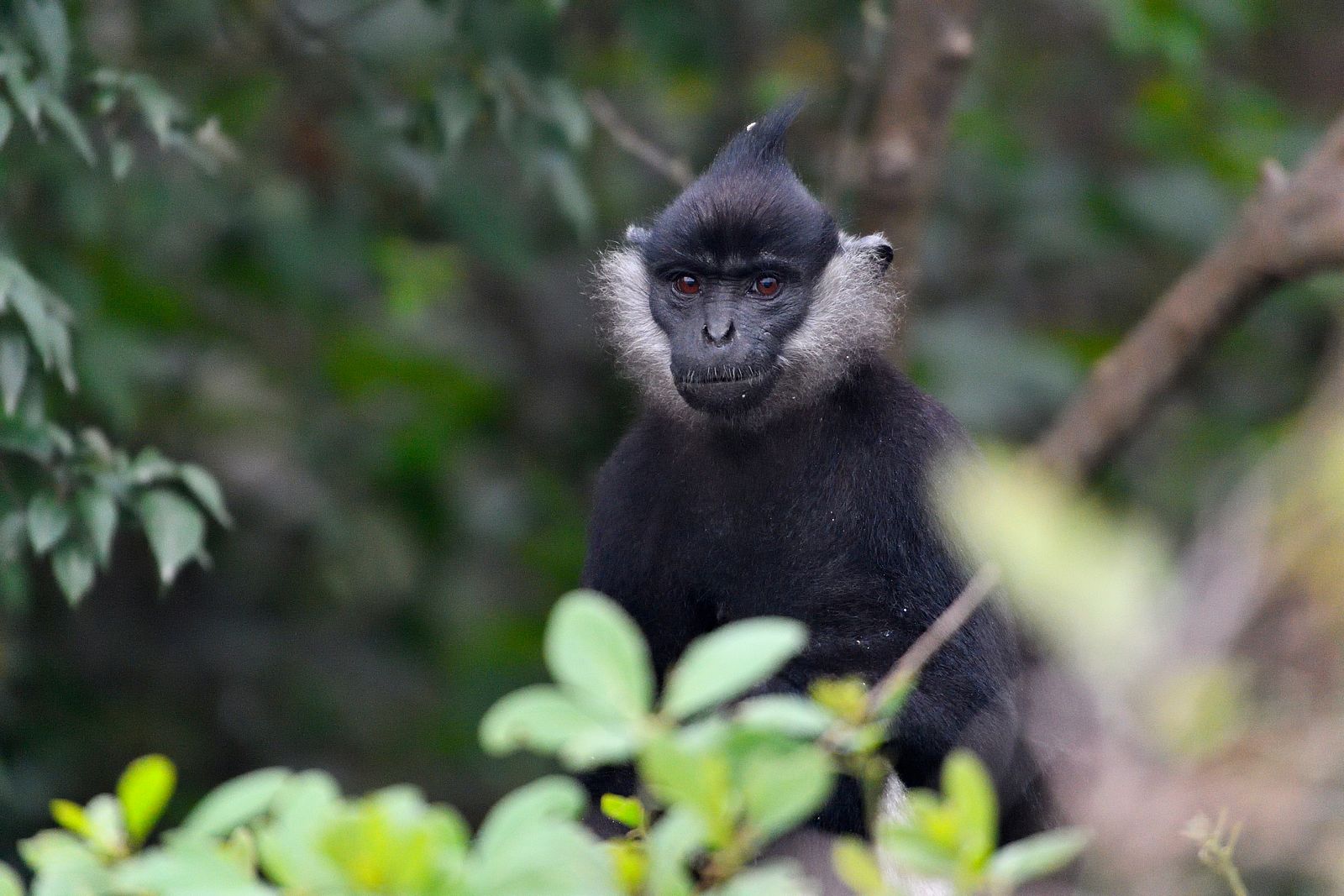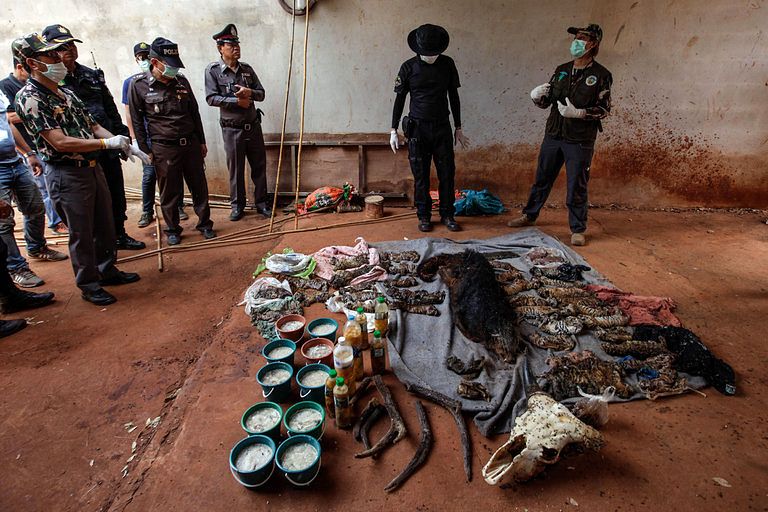Air pollution may be posing a serious threat to global public health, but according to a new study, it may be responsible for freak weather patterns in North America, reports CNN.
"The Pacific storm track is a major driving force over global weather patterns," said the study's lead author Yuan Wang, a post-doctorate fellow at the NASA U.S. Jet Propulsion Laboratory.
"The modulated storm track can be linked to abnormal weather behavior in the mid-latitudes of the Northern hemisphere, including U.S. and Canada."
Wang’s comments reflect the recently announced findings from a decade-long research project which were published in the Proceedings of the National Academy of Sciences (PNAS).
From industrial pollution in Beijing and New Delhi to fires stemming from land clearance in Indonesia, researchers say that Asian air pollution is becoming a global problem.
Related Articles:
- Report: Vietnam in Top 10 for Worst Air Pollution
- Polluted Chinese City Imports Bags of Fresh Mountain Air
- Lead Dust Choking Vietnam's Cities
“Fossil fuel burning and petrochemical processing in Asia's rapidly developing economies lead to a build-up of aerosols, fine particles suspended in the air. Typically, aerosol formation is thought of as the antithesis to global warming: it cools our Earth's climate."
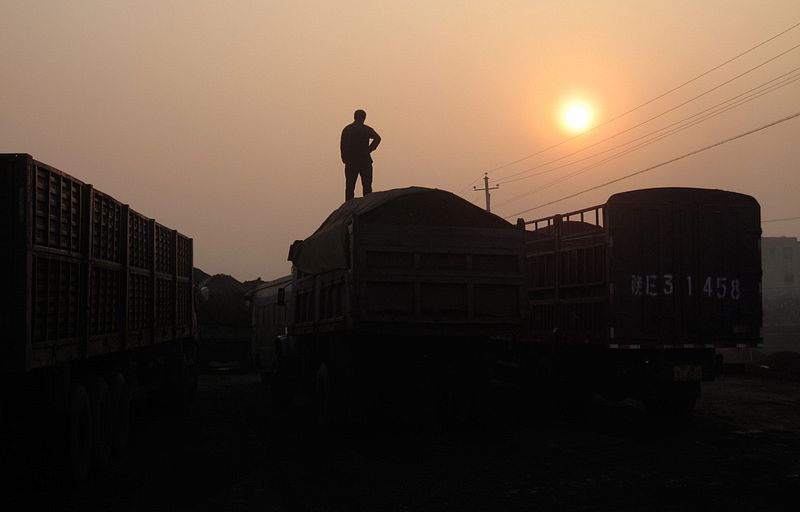
Renyi Zhang, co-author of the study and a professor of atmospheric sciences at Texas A&M University in College Station said that aerosols are to blame for increasingly freakish weather, "Aerosols provide seeds for cloud formation. If you provide too many seeds, then you fundamentally change cloud patterns and storm patterns," he said.
While the study focused on weather changes in North America, researchers said that Asian air pollution is likely having global effects:
"We are observing the mid-latitude cyclone system, which transports heat and moisture from low to high latitudes. If this system is changed by air pollution from Asia, then global heat distribution will also be changed. We can expect that weather patterns over other parts of the world can be affected," says lead author Wang.
Looks like it’s time to invest in bagged air and seed vaults!
[CNN // Photos via Safia Osman and Bert Van Djik]

